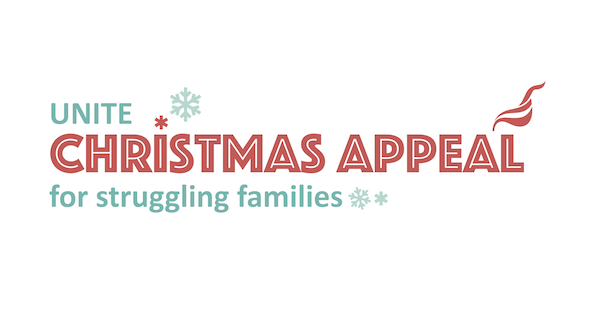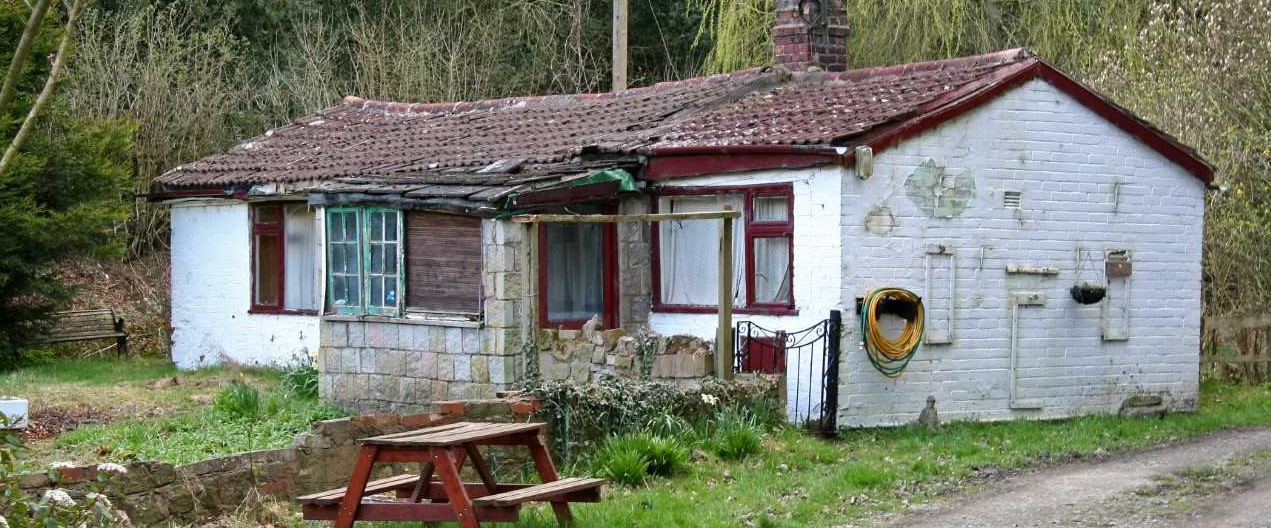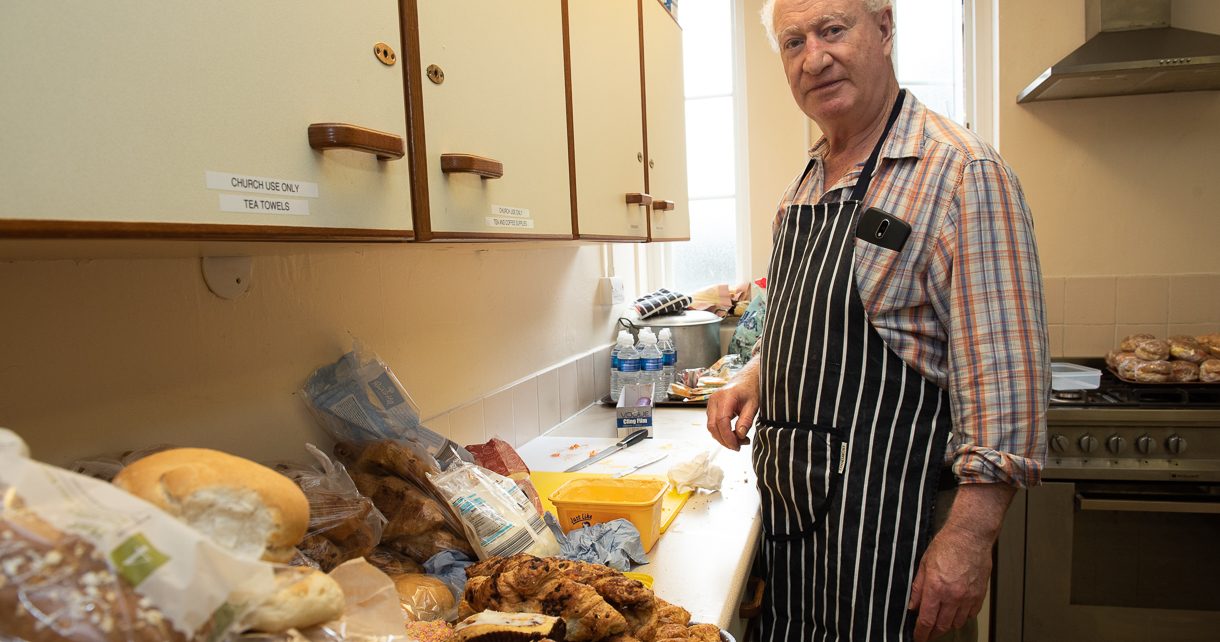Invisible children
The Tory government has taken an innovative approach in reducing child poverty.
Instead of maintaining a target set by the last Labour government to eliminate child poverty by 2020, it’s changing the definition of poverty altogether.
If the government’s Welfare Work and Reform bill goes through, then income level will no longer be an indicator of poverty. That is to say, how much a family earns will no longer be used to measure whether their children are going hungry or cold.
Replacing income, the most obvious measure of poverty, will be indicators called “life chances”, which will look at whether both parents are in work, how well children perform on their GSCEs, or whether parents abuse drugs or alcohol.
The government has also moved to change the Child Poverty Act, the Labour-led legislation that aims to eliminate child poverty in five years’ time, in effect nullifying the set target.
Rebecca Stephens is a mother of two who argues that the new “life chances” indicators will mean children like hers will fall through the cracks.
Both Rebecca and her husband work full-time – she works 33 hours a week as a teaching assistant and her spouse works 44 hours a week as a boat builder. Still, they struggle to make ends each month.
“I dread Christmas,” says Rebecca, who has started a petition urging the House of Lords to bring back the original child poverty target. The petition has reached 45,000 and continues to climb.
“I hate it when I notice their trainers have got a hole in, or they bring another letter home from school needing money for a trip. Food seems to be the only expense we have immediate control over, so that budget gets squeezed, and our home isn’t as warm as we would like through the winter.”
Rebecca notes also that her daughter, 14, is set to do really well on her GCSEs – another measure that, under the Tory proposals, would mean her children are not struggling in poverty.
A study from the London School of Economics explains why income levels are such an important measure when assessing poverty.
“The findings are clearest and strongest for cognitive development and school achievement, with social and behavioural development close behind,” researchers said. “In part the causal effect reflects the fact that money enables parents to buy things that children need to flourish – more nourishing food, warmer clothes, books, toys and outings.
“But the stress of managing on a very low income is also an important issue,” they added. “Constantly worrying about money reduces the extent to which parents are able to focus on and engage with their children. As any parent will testify, parenting well and positively is much harder under conditions of stress or anxiety.
“Not measuring income poverty, then, while professing concern about life chances, is little short of bizarre,” the researchers went on to say.
Currently, the Welfare Work and Reform Bill, which will introduce the changes to child poverty targets and indicators, is passing through the House of Lords.
Unite campaigns officer Chantal Chegrinec condemned the government’s planned legislation.
“Instead of following through with child poverty targets that they explicitly supported a decade ago, the Tories are abandoning these targets by moving the goalposts and changing the definition of poverty altogether,” she said.
“This is only the latest in a slew of government sleights of hand since they were elected in May,” Chegrinec added. “It follows on from the so-called National Living Wage that’s no living wage at all, from rushed through boundary changes that could lock Labour out of power for decades, from the Trade Union bill which will silence the voice of working people.
“But we can hold this government to account if we stand up collectively and have our say – it’s what caused the government’s climb down over tax credits and it’s what can stop this attack on children, many in working households, who are struggling just to survive.”
Rebecca who is sending her petition in conjunction with Child Poverty Action group to the House of Lords, agreed.
“We know from the Tax Credits defeat that the House of Lords are not afraid to say no!” Rebecca notes in the petition. “We have an opportunity to change things – if we act now and tell the Lords to make sure the Government keep child poverty targets.”
Spare a thought for the hundreds of thousands of children in the UK who, far from even getting Christmas presents this year, will instead go hungry.
If the government’s Bill goes through, these children will continue to live in poverty well past the holiday season, because instead of getting the support they need, they’ll be made entirely invisible.
Sign the petition here.
 Like
Like Follow
Follow


